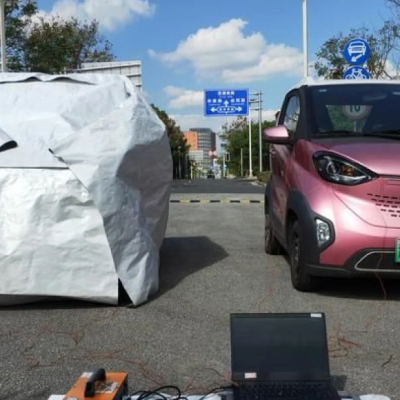A recent study conducted by the University of Geneva has found that cognitive biases are preventing many people from purchasing electric cars. Despite the fact that the environmental benefits of electric cars have been well-documented, the percentage of electric cars on the road remains low. The study found that many people underestimate the range of electric cars, assuming that the battery life is not sufficient for their daily needs. This is due to a psychological phenomenon in which people remember rare events more vividly than everyday activities. However, the study also found that providing compatibility information can help to reduce these biases and increase the likelihood of people purchasing electric cars.
The study surveyed nearly 900 people from various countries, including Germany, and asked them about their perceptions of electric cars. The results showed that many people underestimated the range of electric cars, even though they would be sufficient for their daily needs. The researchers found that this was due to a cognitive bias in which people remember rare events more vividly than everyday activities. As a result, people tend to think about long trips they took in the past rather than their daily commutes when considering the range of an electric car.
However, the study also found that providing compatibility information can help to reduce these biases and increase the likelihood of people purchasing electric cars. The researchers found that providing information about how an electric car fits into a person’s lifestyle can help to reduce concerns about range and increase the likelihood of people purchasing electric cars. This was particularly true for people who currently spend a lot of money on their gasoline-powered cars. The authors of the study suggest that policymakers should take these psychological factors into account when developing strategies to promote electric cars.
In conclusion, the study conducted by the University of Geneva highlights the importance of addressing cognitive biases when promoting electric cars. By providing compatibility information, policymakers can help to reduce concerns about range and increase the likelihood of people purchasing electric cars. This is an important step towards reducing carbon emissions and promoting sustainable transportation.










